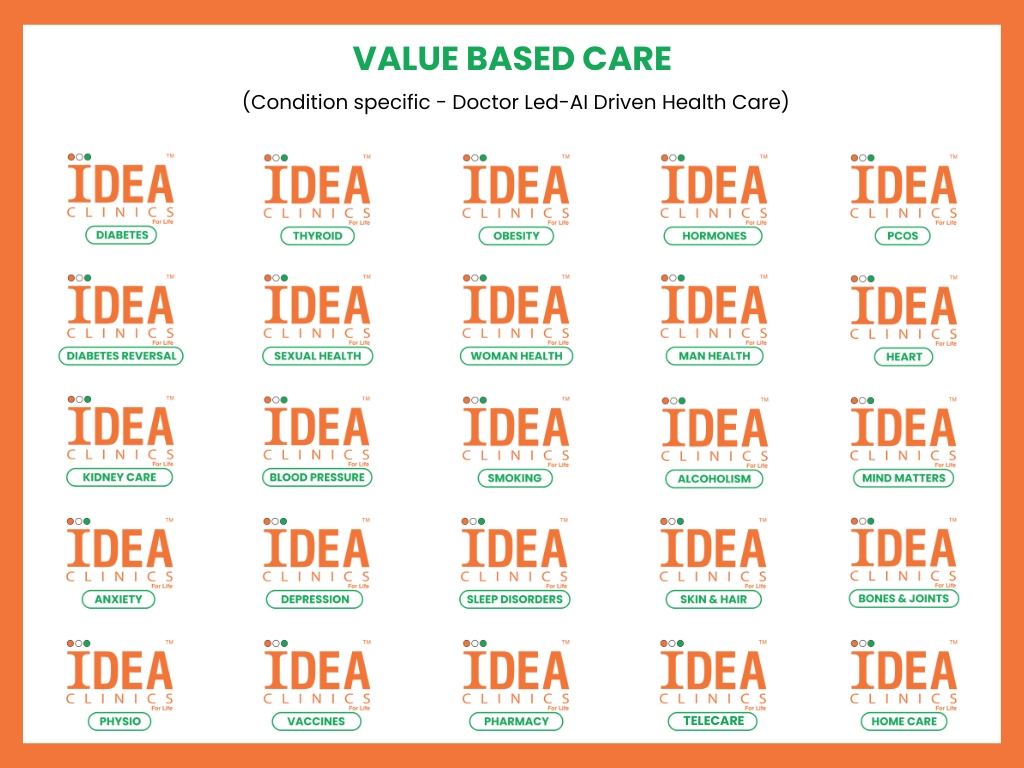There are many coronaviruses, those that cause common cold to much more serious viruses such as Severe Acute Respiratory Syndrome (SARS) and Middle East Respiratory Syndrome (MERS). In severe cases, coronaviruses can cause pneumonia, kidney failure and even death.COVID-19 is a new and serious coronavirus. At present there is no vaccine against COVID-19.
Symptoms of COVID-19
Common signs are typical flu like symptoms with fever, cough, breathing difficulties, and body aches. Symptoms usually start within a week of exposure to the virus, but can take up to two weeks for symptoms to appear. Some even have not shown symptoms or only very mild symptoms, more like a common cold.
Who is most at Risk ?
People of all ages can be infected and in over 80% of cases COVID-19 is mild, with minimal flu-like symptoms. The majority of them were not hospitalized for supportive care. However, 15% of cases were severe and 5% of cases needed critical illness. The mortality was below 2% and the vast majority,98%)of people infected have survived. This however, at present seems to vary between different Countries and may be related to the level of quarantine measures taken
People above 65 years of age and those with pre-existing medical conditions such as diabetes, heart disease and asthma are more vulnerable to becoming severely ill. When people with diabetes develop a viral infection, there can be fluctuations in blood glucose levels and, the presence of diabetes complications if any can worsen the risk. There appear to be two reasons for this, the immune system is compromised leading to a longer recovery period. Also, the virus may thrive when blood glucose levels remain elevated.
How it Spreads ?
his virus is spread through droplets that are dispersed when an infected person talks, sneezes or coughs. The virus can survive from a few hours up to a few days depending on the environmental conditions. It can be spread through close contact with an infected person or by contact with air droplets in the environment or on a surface and then touching the mouth, or nose.
How to Protect yourself ?
The recommendations are similar to those of the general public but doubly important for people living with diabetes. Those are:
- Wash hands thoroughly and regularly. (hand hygiene)
- Try to avoid touching face before you have washed your hands.
- Clean and disinfect objects/surfaces that are touched frequently.
- Adopt social distancing and don’t share food, glasses, towels etc.
- When you cough or sneeze, cover your mouth and nose with a tissue or use upper arm if you don’t have a tissue to hand.
- Try to avoid contact with anyone showing symptoms of respiratory illness such as coughing.
- If you are ill with flu-like symptoms, stay at home.
- Pay extra attention to your glucose control.
- If you do show flu-like symptoms (raised temperature, cough, difficulty breathing), consult a healthcare professional.
- Any infection is going to raise your glucose levels and increase your need for fluids.




